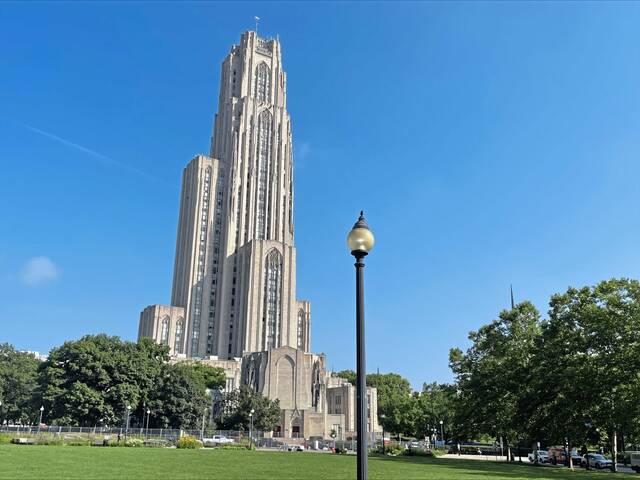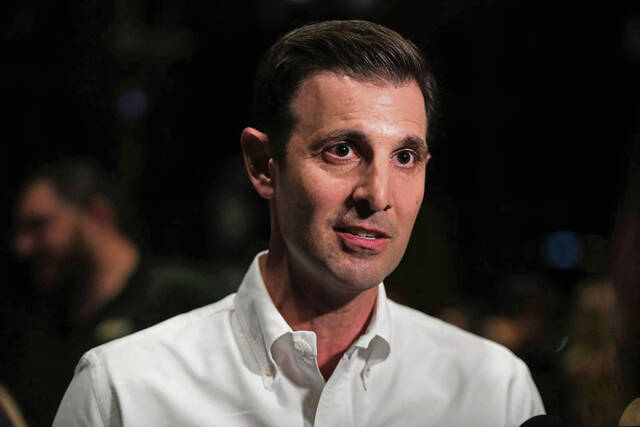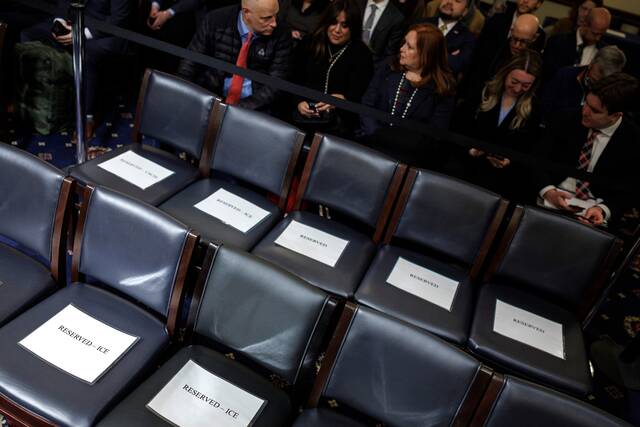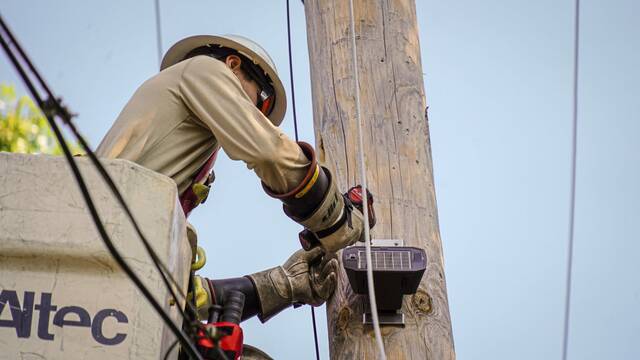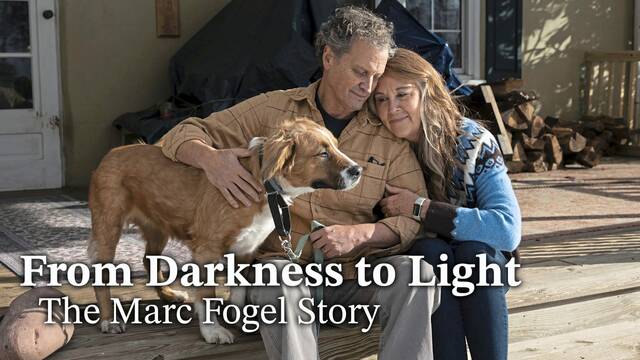Last September, Charlie Kirk fielded questions with Vivek Ramaswamy under a pop-up canopy in the Schenley Quadrangle as University of Pittsburgh students settled into their fall semester.
Almost a year later, the right-wing influencer was shot dead in a nearly identical setup on the campus of Utah Valley University.
As politicians and activists debate Kirk’s legacy and decry the rise of political violence, universities are left wondering how to ensure their campuses won’t be the site of future political violence.
Glen Kucera, president of Allied Universal’s enhanced protection services, said universities will likely have to reconsider policies in the aftermath of the shooting.
Allied Universal is the world’s largest private security firm and one of the country’s largest employers.
Within 24 hours of the Utah shooting, Kucera said, around 35 universities across the country contacted his firm to study potential campus vulnerabilities.
“That analysis is going to take place, and people are going to learn from this,” he said.
At future speaker events, he expects universities may take physical measures to increase security, like contracting with guards — potentially armed ones — to keep campus visitors from appearing like “soft targets.”
But those security measures might also involve forensic operations, such as scanning social media for potential threats to campus events, Kucera said.
“Just the presence of some type of security posture will cause that potential perpetrator to think twice about performing that event,” he said.
Though political violence has been on the rise recently, Michael Kenney, a University of Pittsburgh professor and expert in terrorism and political violence, said universities have long been the location of political upheaval.
Kenney said the Vietnam War era of the late 1960s and early ’70s has “interesting parallels” with the present, as campuses often roared with protests and occasionally more extreme actions from groups like the Weather Underground.
“Universities have been struggling to manage the tensions between public safety and keeping our communities safe with the right to free speech,” he said. “If you can’t have free speech at a university, where can you have it?”
Though Kenney said he didn’t necessarily agree with Kirk’s politics, he called his assassination “an American tragedy.”
He feared the risk of copycat attacks following Wednesday’s events.
But the professor said he also worries about the forthcoming reaction from the Trump administration, which has frequently found itself at odds with high-profile universities.
Depending on the motives of the shooter in Kirk’s case, Kenney said, the government could use Kirk’s death as a reason to further clamp down on higher education or even send national guard troops to campuses.
“(Trump has) already targeting the universities. Is this going to be an opportunity to take that a step further?” he said. “We need to start thinking about this now. We need to start preparing for this.”
Still, the professor said the country has gone through turbulent times before and emerged intact.
Now, Kenney said, is a chance to “take a deep breath and dial down the rhetoric.”
Michelle Fryling, a spokeswoman for Indiana University of Pennsylvania, said the school doesn’t plan to implement any changes to its security or speaker policies in the aftermath of the shooting.
“For every event on campus, we have established protocols, established procedures,” she said.
But the shooting will certainly “help inform” the planning of future events at IUP, Fryling said, especially ones outside, as institutions respond to heightened political tensions.
Kirk, the founder of Turning Point USA, a conservative political action group that targets college-aged people, visited IUP in 2018 without incident.
Fryling said university police often work with municipal and state police to plan and staff campus events. Those agencies study speakers’ previous appearances to gauge expected turnout and potential risks, she said.
A day before Kirk appeared at Pitt last year, he sat under the same canopy on Penn State’s HUB Lawn in State College.
Met with a few dozen counter protesters, he briefly spoke to a crowd of MAGA hat-clad supporters before university officials cut his microphone because of a prohibition against sound amplifiers during class hours.
It was his second appearance at the school. In 2019, he spoke at an indoor event with Donald Trump Jr. and Kimberly Guilfoyle, who is currently nominated to be the American ambassador to Greece.
Despite Kirk’s murder, Penn State says its policy for speakers remains unchanged.
“The university fully supports the fundamental right of free expression. Exposure to different viewpoints, even those that may be difficult, is a critical part of higher education,” a university statement read.
The statement said a “cross-functional team” of Penn State officials, police and event organizers review logistics and security needs to “protect the rights and safety of our campus, speakers, attendees and protesters alike.”
It’s unclear whether Penn State will make changes to its security apparatus after the sniper attack, but the university statement said it consistently “reviews and revises protocols.”
Pitt and Point Park spokespeople declined TribLive requests for comment.
Robert Morris, Duquesne and Carnegie Mellon officials did not respond to TribLive inquiries.


